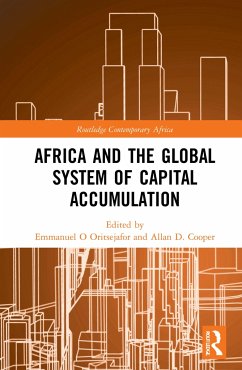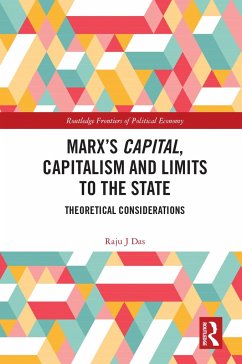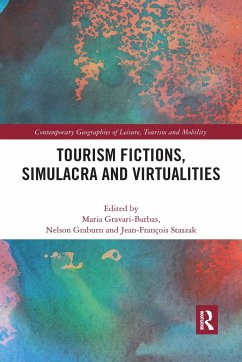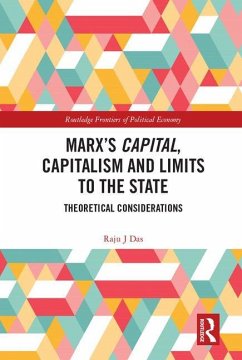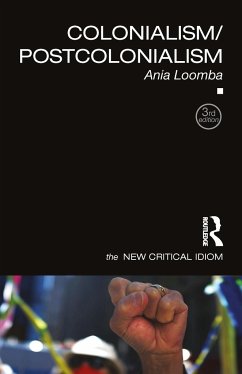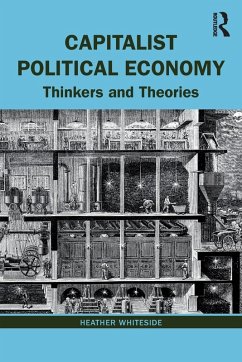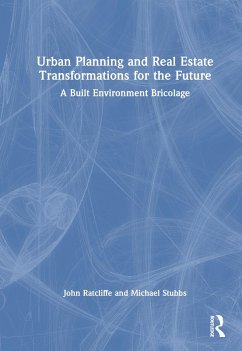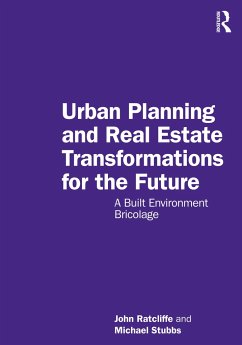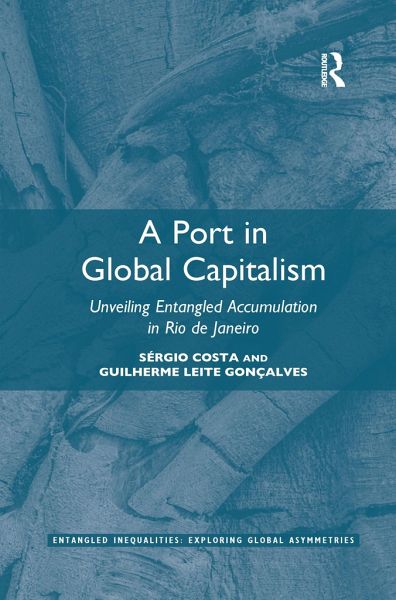
A Port in Global Capitalism
Unveiling Entangled Accumulation in Rio de Janeiro
Versandkostenfrei!
Versandfertig in 6-10 Tagen
45,99 €
inkl. MwSt.
Weitere Ausgaben:

PAYBACK Punkte
23 °P sammeln!
Through a study of the port district of Rio de Janeiro and its history, from its emergence as a major slave market to its modern-day incarnation as a hub of tourism, real estate and financial speculation, this book examines the different dimensions of the manner in which capitalism expands its global process of accumulation to incorporate spaces not yet integrated into chains of value production. As such, it sheds new light on the use of explicit non-economic violence on the part of capitalist expansion, in the form of colonial or imperial policies, plundering or legal forms of expropriation. ...
Through a study of the port district of Rio de Janeiro and its history, from its emergence as a major slave market to its modern-day incarnation as a hub of tourism, real estate and financial speculation, this book examines the different dimensions of the manner in which capitalism expands its global process of accumulation to incorporate spaces not yet integrated into chains of value production. As such, it sheds new light on the use of explicit non-economic violence on the part of capitalist expansion, in the form of colonial or imperial policies, plundering or legal forms of expropriation. As such, it will appeal to sociologists, historians, economists, legal scholars and political theorists with interests in capitalism and inequalities.







